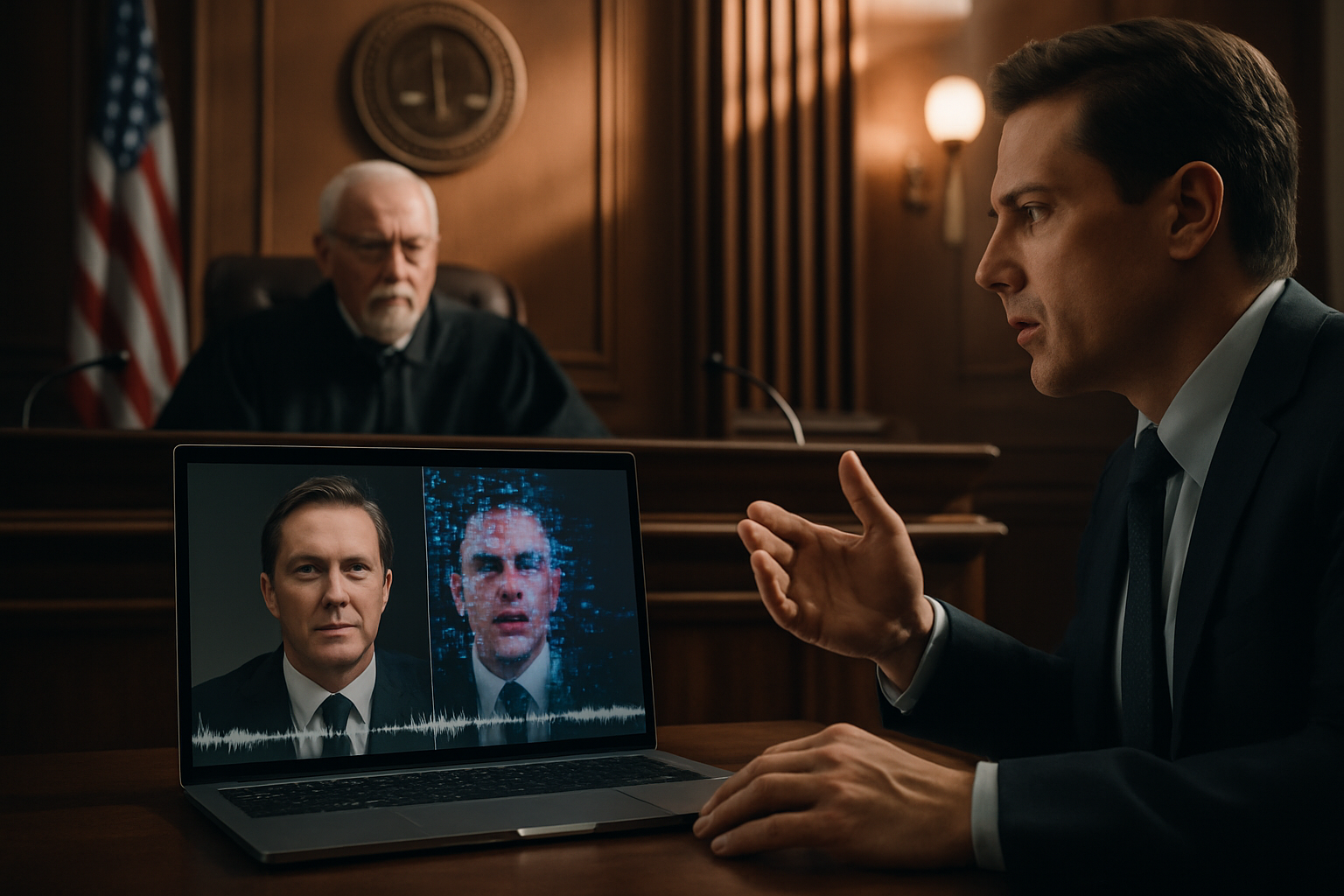Rethinking Jury Selection: A Digital Age Conundrum
Introduction: In an era dominated by social media and instant information, the traditional jury selection process faces unprecedented challenges. This article delves into the complexities of empaneling an impartial jury in the digital age, exploring how technology and interconnectedness are reshaping this cornerstone of the justice system.

The Historical Context of Jury Selection
The concept of trial by jury dates back to ancient civilizations, but its modern form took shape in England during the Middle Ages. Traditionally, jury selection aimed to find individuals who were unfamiliar with the case at hand, ensuring an unbiased verdict. This process, known as voir dire, allowed attorneys to question potential jurors and exclude those with apparent biases. However, as society has evolved, so too has the challenge of finding truly impartial jurors.
The Digital Age Dilemma
In today’s interconnected world, information about high-profile cases can spread rapidly through social media, news websites, and online forums. This instant dissemination of information, often including unverified details or biased opinions, can significantly impact potential jurors’ perceptions before they ever step foot in a courtroom. The ubiquity of smartphones and constant internet access means that even during trials, jurors may be tempted to conduct their own research or discuss the case online, potentially compromising the integrity of the legal process.
Challenges in Identifying Biased Jurors
The digital footprint left by potential jurors on social media platforms and other online spaces has created new challenges for attorneys and judges. Identifying biases that may have been formed through exposure to online content is far more difficult than uncovering traditional forms of prejudice. Moreover, the sheer volume of information available online makes it nearly impossible to find jurors who are completely unaware of high-profile cases, particularly in smaller communities where news travels fast.
Legal and Ethical Considerations
The use of social media screening in jury selection raises important legal and ethical questions. While attorneys may argue that such screening is necessary to ensure a fair trial, critics contend that it infringes on potential jurors’ privacy rights. Additionally, there are concerns about the accuracy and completeness of information gleaned from social media profiles, which may not always provide a true representation of an individual’s beliefs or biases. Courts must grapple with striking a balance between thorough vetting and respecting jurors’ privacy.
Innovative Approaches to Jury Selection
In response to these challenges, legal systems are exploring innovative approaches to jury selection. Some courts are implementing more extensive questionnaires that probe potential jurors’ social media habits and online activities. Others are considering the use of artificial intelligence to analyze social media profiles and identify potential biases more efficiently. Additionally, there is growing interest in expanding the jury pool beyond traditional geographic boundaries to increase the likelihood of finding impartial jurors in high-profile cases.
The Role of Judicial Instructions
As the landscape of jury selection evolves, the importance of clear and comprehensive judicial instructions has never been greater. Judges are increasingly emphasizing the need for jurors to avoid online research or discussion about cases, with some courts going so far as to confiscate electronic devices during trials. However, enforcing these rules remains a significant challenge, and some legal experts argue that a more proactive approach to educating jurors about their responsibilities in the digital age is necessary.
The Future of Jury Trials
The ongoing challenges posed by the digital age have led some to question the long-term viability of the traditional jury system. While jury trials remain a cornerstone of many legal systems, there is growing debate about whether alternative models might be better suited to the realities of the 21st century. Some propose expanding the use of professional jurors or mixed panels of lay and expert decision-makers, while others advocate for increased reliance on bench trials in certain types of cases.
As the legal community grapples with these complex issues, it is clear that the process of jury selection will continue to evolve. The challenge lies in adapting centuries-old principles of justice to the realities of a digital world while preserving the fundamental right to a fair trial. As technology continues to advance, legal systems must remain vigilant and innovative to ensure that the jury system can effectively serve its crucial role in the administration of justice.






